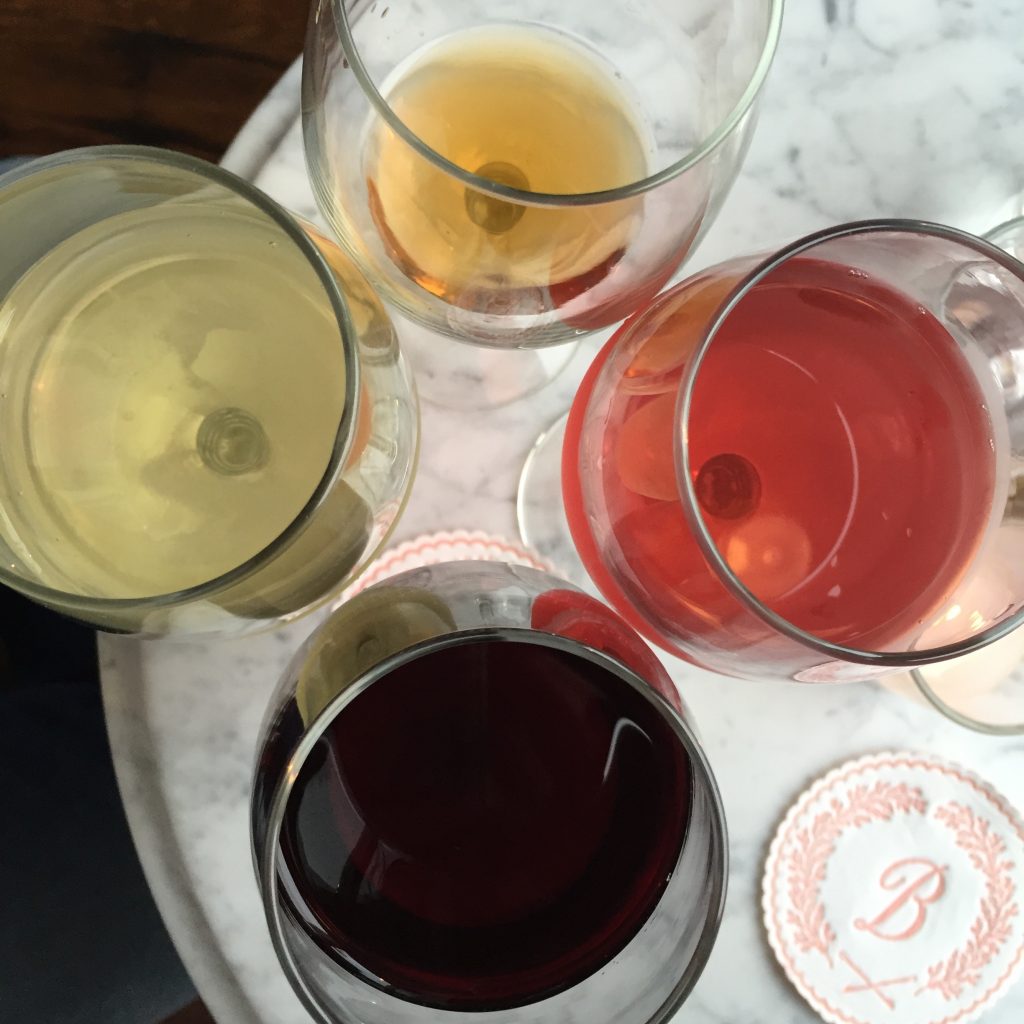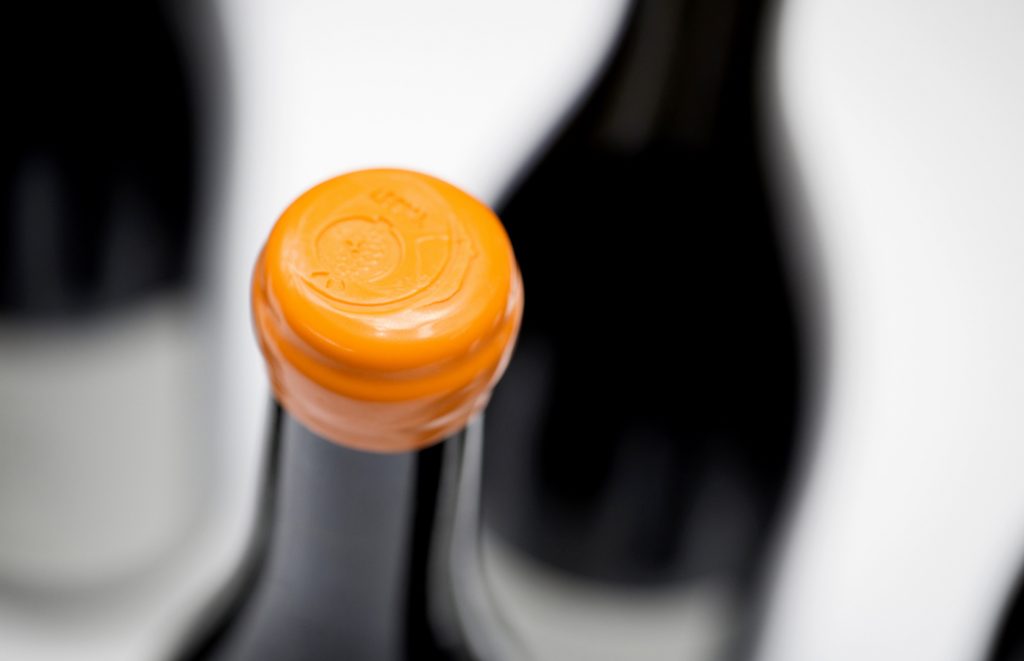To some followers of natural wines, espousing a natural wine credo is an assertion of cultural identity. Natural wine has become synonymous with caring about the environment, and valuing provenance and authenticity (another buzzword). By positioning itself against the corporate, the industrial and the nakedly commercial imperative, the artisan nature of the winemaking enterprise has acquired an implied political status. Then again, maybe people just like to drink delicious wine.
From bar and bistro to Michelin-starred restaurant, as well as independent retailers, natural wines are finally being selected on their excellent merits, seamlessly integrated into the wine lists, rather than because they fit into some trendy category.
Those who oppose the idea (or actuality) of natural wine do so for a variety of reasons. The chief amongst them is the dislike of the word “natural”, which is viewed either a meaningless term (how can, for example, wine – a manmade product – be natural?) or an unfairly morally-loaded one (implying that all wine not deemed natural must, ipso facto, be unnatural). Some opinion-formers, journalists and people who work in the wine industry also believe that natural wines, by their nature, are “naturally flawed”. Such generalisations are based on prejudice rather than evidence. However we define our terms or set our standards, ultimately the wines are the wines, made by individuals, and each one the result of a thousand major and minor decisions. Each wine deserves to be drunk on its merit with an open mind as well as an open heart, not be viewed through the prism of ideology.

Natural wine is usually characterised as low-or-no-intervention winemaking. That is a somewhat simplistic definition given the quantity of vigneron blood, sweat and tears shed in both the vineyard and the winery. There is nothing low-intervention about making natural wine; the myriad decisions and hands-on actions demonstrate that it is the nature and quality of intervention that we ought to be discussing. To not do something (i.e. to decide not to filter or not to add sulphites) is still a choice and one that may not be taken lightly.
Natural winemaking incorporates certain common approaches rather than one pure doctrine. And, of course, there’s a lot more to natural wine than simply choosing whether to sulphur or not to sulphur.
When we think of natural wine, we tend to think of artisan vignerons and a small-scale, highly personal approach to winemaking. This invariably involves the vigneron working hard in the vineyard, focusing on the health of the vines. Proper dirt-under-the-fingernails farming, whether one prefers to describe it as sustainable, organic or even biodynamic, it is all about understanding the vineyard—and nature—at an intimate (organic) level and creating a healthy environment for vines to flourish without the input of chemicals. Natural wine is made in the vineyard.
Each wine deserves to be drunk on its merit with an open mind as well as an open heart, not be viewed through the prism of ideology.
The winemaking, meanwhile, is all about monitoring, tasting and deciding on a path of least intervention in order to faithfully represent the nature and quality of the grapes. Most natural vignerons prefer not to touch the wine too much, avoiding pumping, racking, temperature control, filtering or fining, but there is no single protocol. What I feel is natural is that when I drink the wine, I don’t sense the wine is sum of its interventions. The wine must be of itself.
When you taste the best naturally-made wines, you are tasting wines that seem to be alive and are full of latent energy. They are drinkable and digestible, nourishing and gastronomic.
Natural wines have become increasingly attractive to restaurants for a variety of reasons. Firstly, there is a moral positive in supporting those who work the land organically and make additive-free products. Provenance is also beginning to matter more to discerning consumers, especially for those who are keen to discover and connect with a grower and a specific place, rather than drink something made by an oenologist in a wine factory. Like the times, the tastes they are also a-changing – away from the meretricious and spoofy wine styles. Natural wines tend to be subtle: not aromatically confected, nor oaky or extracted. They are certainly not the same every vintage – and that is as it should be. Finally, with such a wide variety of styles within the natural wine spectrum to choose from, sommeliers and wine buyers are able, more than ever, to populate wine lists with a compelling range of wines.

Natural wines, or whatever we choose to call them, are now certainly a force in the trade. In 2005, the expression “natural wine” barely registered, even if the wines were beginning to appear in the UK. Over the next ten to fifteen years, as a result of the many dozens of natural wine fairs around the world, the setting up of specialist importers and wine bars, and the increasing number of producers switching to a lo-fi style, the scene changed markedly. From bar and bistro to Michelin-starred restaurant, as well as independent retailers, natural wines are finally being selected on their excellent merits, seamlessly integrated into the wine lists, rather than because they fit into some trendy category.
*
Interested in finding more about our vast selection of natural wines? Contact us directly:
shop@lescaves.co.uk | sales@lescaves.co.uk | 01483 538820*
*Note: We are still open for business, doing deliveries, and keen to help everyone with their booze needs in this difficult time. Natural wine lovers can visit our online shop and order online!

